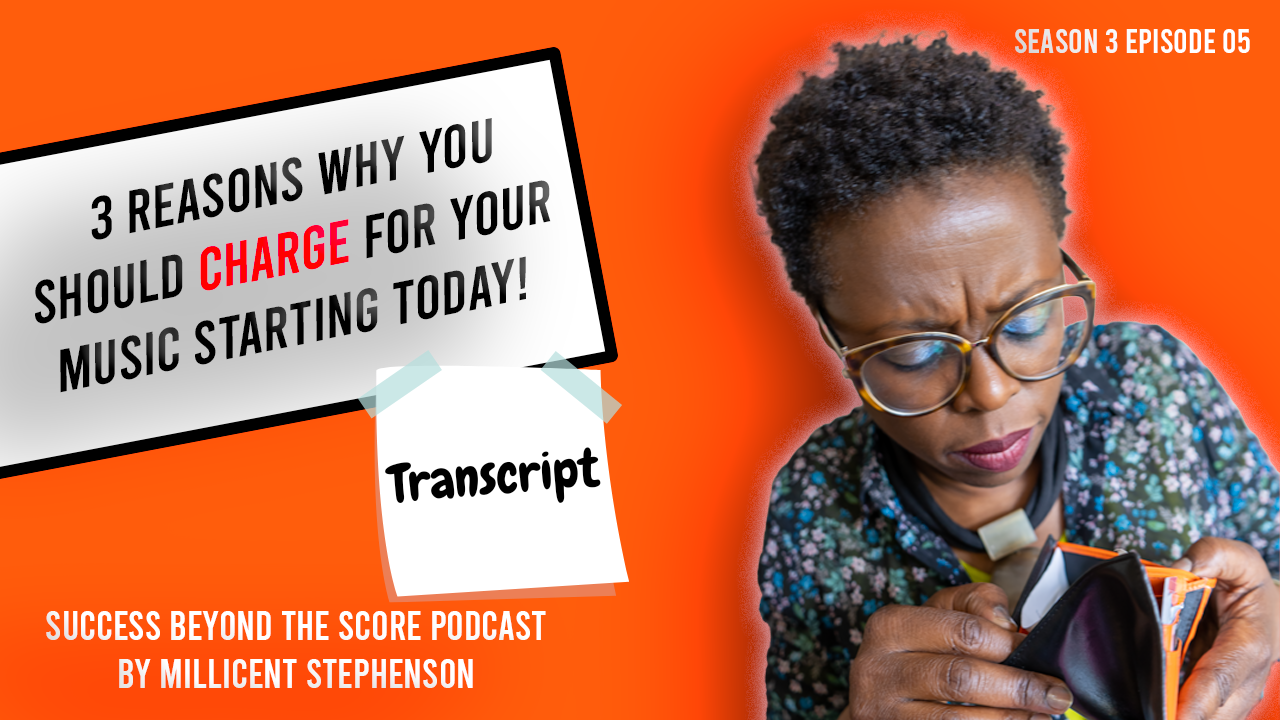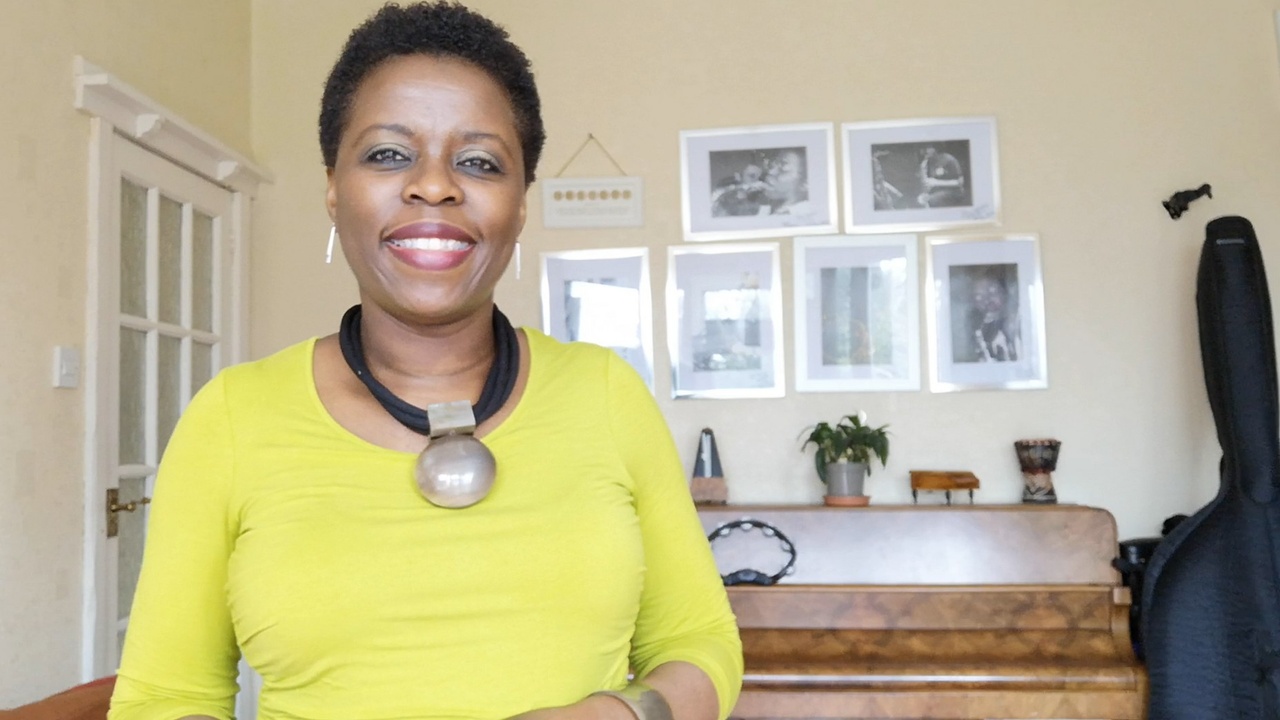As a performer, you can't think only of yourself. You must consider the safety of every person who makes your job possible: fellow musicians, engineers, assistants, organisers, logistics, venue staff, and of course, the audience. There are two steps to this: the first is the risk assessment, in which you identify what could go wrong, and take action to prevent it before it happens. The second is a contingency plan, in which you determine what to do in case something goes wrong despite your efforts.
Risk assessment
To illustrate this step, let's have a look at a gig Millicent had at Shangri-La The Shard, London, sometime last year.
Shangri-La The Shard is a prestigious venue with luxury amenities, and the staff is used to accommodate prestigious guests that require a special
...








